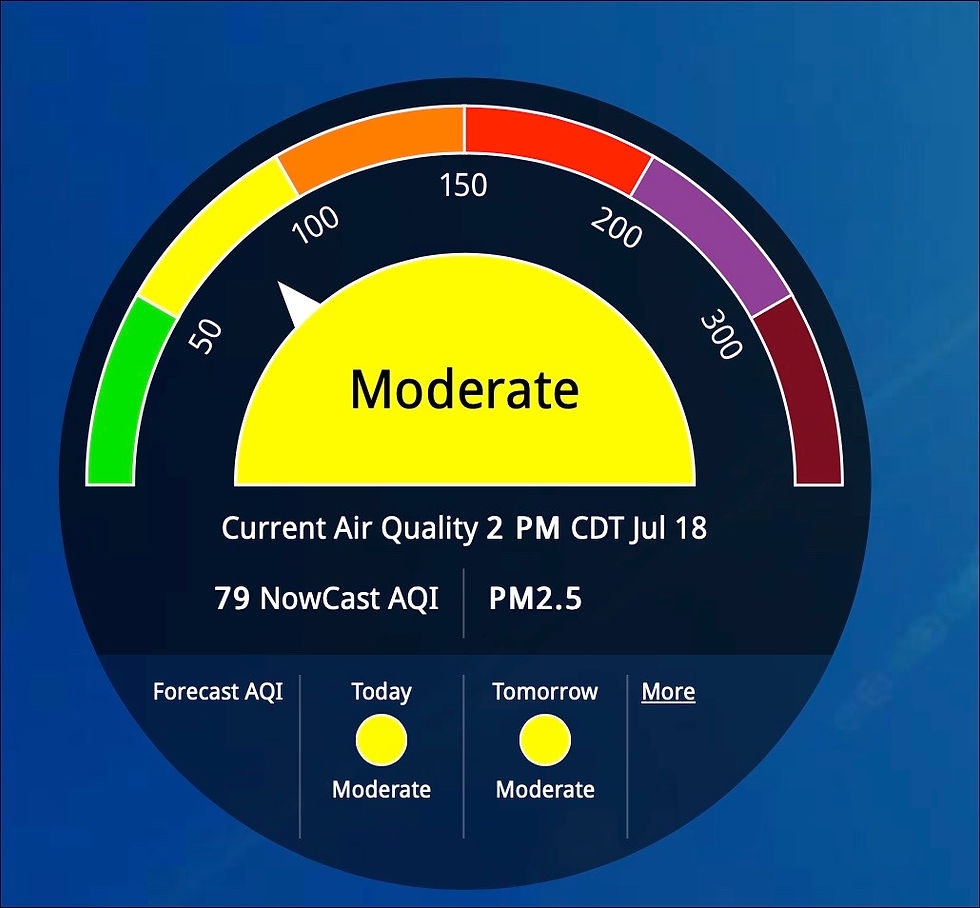Fort Worth plans for drinking water, water sewer, and air quality.
- WPC Staff

- May 28
- 2 min read
Updated: Jun 17

Summary: Although Willow Park is just finishing it's own Waste Water Treatment Plant, most Willow Park Citizens depend on Forth Worth for our drinking water and all Citizens depend on Forth Worth for our air quality. "How will North Texas water, air handle rapid growth?" Fort Worth leaders outline plans.
Latest Update: 28 May 2025
Fort Worth plans for drinking water, water sewer, and air quality.
Although Willow Park is just finishing it's own Waste Water Treatment Plant, most Willow Park Citizens depend on Forth Worth for our drinking water and all Citizens depend on Forth Worth for our air quality. "How will North Texas water, air handle rapid growth?" Fort Worth leaders outline plans.
• How will North Texas water, air handle rapid growth? [Fort Worth] Leaders outline plans, Fort Worth Report, 26 April 2025, Excerpts
During the April 23, North Texas Climate Symposium, Dallas-Fort Worth leaders honed in on how they’re addressing local air and water quality issues with public health in mind.
When it comes to water quality, not all cities in North Texas can say they have reliable sewers, which are vital for maintaining water treatment systems, said Susan Alvarez, environment and development director at the North Central Texas Council of Governments.
The [North Central Texas Council of Governments] is responsible for creating a water quality management plan for North Texas, including Tarrant, Dallas and 14 other counties [including Parker County].
To make that plan, the council coordinated with over 200 local governments and communities to address issues regarding water treatment, plant capacity, wastewater treatment and septic tanks.
Over 200,000 people moved into the Dallas-Fort Worth area in 2024, said Alvarez. If growth continues at that rate, the council of governments will not be able to supply enough water to meet demand. Through conservation, the council of governments and local water providers can address that challenge — though government officials say they still must pursue controversial plans to construct reservoirs in East Texas amid strong resident opposition.
Discontinuing “dead ends” in water mains could be a helpful strategy in making up for lost water. A dead end water main is a water pipe that ends where no other connections or loops exist, which can lead to bacterial growth in water coming from stagnant flows.
Local governments and residents need to also crack down on leaks and maintain water pipelines to compensate for lost water, said Alvarez.
In addition to water quality, the council of governments is focusing on transportation planning in an effort to improve Dallas-Fort Worth’s air quality.
The council of governments’s latest transportation plan highlights $150 billion in needed investments through 2050, according to senior air quality program manager Chris Klaus.
Although the region is not meeting federal air quality requirements, the Dallas-Fort Worth area currently has the cleanest air ever recorded in the region, said Klaus.
Of the top 25 largest cities in the U.S., Fort Worth is the only city without a climate action plan, according to previous Fort Worth Report coverage. The plans lay out long-term strategies to reduce a carbon footprint, achieve sustainability goals or address the challenges posed by climate change.



Comments